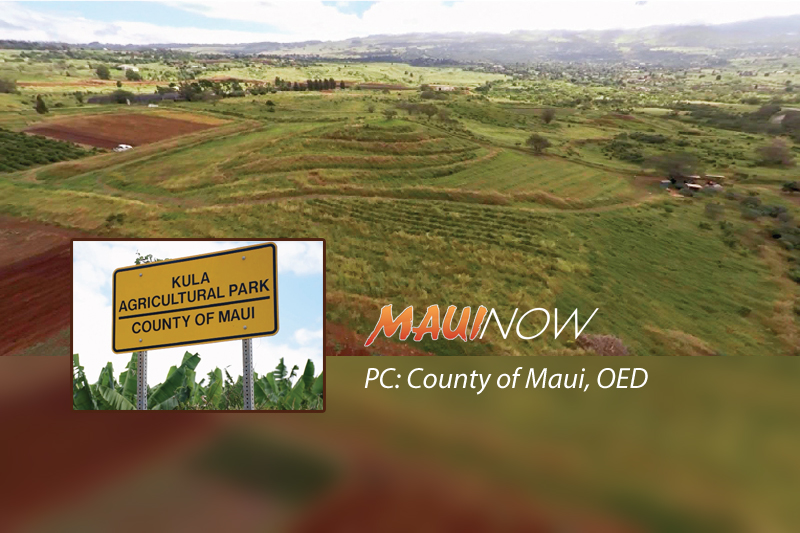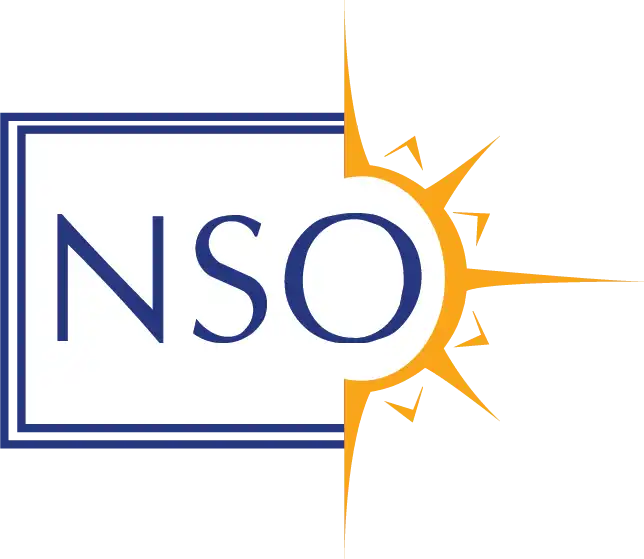Arakawa Outlines Legislative Priorities for Maui and Mayors
 The Hawaiʻi Council of Mayors will present their legislative priorities before the House Finance and Senate Ways and Means committees today (Friday, Jan. 19, 2018).
The Hawaiʻi Council of Mayors will present their legislative priorities before the House Finance and Senate Ways and Means committees today (Friday, Jan. 19, 2018).
The group will again lobby for fair distribution of the Transient Accommodations Tax between the state and the counties; Lifeguard Tort Liability; and County Taxing Authority.
This year’s chairman, Maui County Mayor Alan Arakawa, also provided a list of legislative priorities for Maui, which include: the Front Street Apartments in Lahaina; funding for the expansion of the Kula Ag park; and Capital Improvement Project funding to construct a central Maui transit hub.
Hawai‘i Council of Mayors Initiatives for the 2018 Legislative Session
The Hawaiʻi Council of Mayors drafted a letter to lawmakers saying the mayors are unified in asking for support on the following three issues:
(1) Fair Distribution of TAT between State and Counties – HCOM is urging the legislature to adopt and follow the State-County Functions Working Group’s recommendations as to what would be “a fair distribution of TAT funds” between the state and counties. Specifically, HCOM recommends that the Legislature support HB 1665 that provides a 55%-45% split between the state and counties, in lieu of the Legislature placing a cap of $103 million for all counties. While the HCOM says they appreciate the TAT funds provided each county, the group says counties must again emphasize their “right to a fair share of the TAT and believe that the 55%-45 % split is fair.”
(2) Lifeguard Tort Liability – The counties are seeking support for HB 1662 to permanently provide legal immunity for county lifeguards to ensure civil liability protection for county lifeguards – a benefit state lifeguards have.
(3) County Taxing Authority – In an effort to generate alternative sources of revenue to address each county’s budgetary challenges, the counties are urging the Hawaiʻi Legislature to support HB 1664 relating to County Taxing Authority. Providing the counties with such taxing mechanism, the HCOM states, it would allow the counties to be less dependent on revenue sources such as fuel tax revenue which they say is predicted to decline with the increase in electric, hybrid, and other fuel efficient vehicles.
In addition to HCOM’s priorities listed above, other concerns facing the State and the Counties include the increasing impacts as a result of homelessness and the lack of a deep draft harbor on any of the neighboring islands. Should there be a major catastrophic incident on Oʻahu, the HCOM states that a deep-draft harbor is “the only acceptable alternative” capable of accommodating transpacific shipping.
Maui Mayor Alan Arakawa’s Initiatives for the 2018 Legislative Session
Maui Mayor Alan Arakawa said that while there are a number of important issues that need to be addressed, his administration has whittled-down priorities to the following:

Front Street Apartments. PC: Google 2012.
(1) Front Street Apartments in Lahaina – Mayor Arakawa says the county is in support of efforts to preserve the Front Street Apartments as an affordable rental housing project. The current tenants include low- to very-low-income, senior citizens and/or disabled tenants, and “represent our most vulnerable residents,” said Mayor Arakawa. He said the affordable housing shortage on Maui “is at crises levels,” citing a recent Hawaiʻi Housing Planning Study which indicated a need for 12,000 housing units on Maui for 2015-2025. “Rental prices are exorbitant, and the limited number of shelters are already at, or near, full capacity,” he said. “Simply put, without the Front Street Apartments being kept affordable, these residents would have no place to go and many may become homeless,” said Mayor Arakawa.

Kula Ag Park. PC: County of Maui, OED.
(2) Funding for the Expansion of the Kula Ag Parks – “As Senate President Ron Kouchi articulated in his remarks at the opening of the 29th Legislative Biennium Session on Jan. 17, 2018, putting active production on Hawaiʻi’s agricultural lands is of critical importance as it plays a vital role in our islands’ economy, environment, and way of life,” Mayor Arakawa stated in a letter to lawmakers. “As leaders and decision-makers, we have an extraordinary opportunity to preserve and perpetuate agriculture for future generations and to address the important issue of food security. In order to do this, I am humbly requesting funds ($5 million) to proceed with the second phase of the 800+-acre Kula Ag Park expansion project,” he said.

Maui Bus at the Queen Kaʻahumanu Shopping Center. PC: Wendy Osher
(3) CIP Funding to construct a new Central Maui Transit Hub – Maui County was reportedly informed by the Queen Kaʻahumanu Center on Oct. 5, 2017, that its lease would not be renewed for public transit purposes on their premises. The license is set to expire on Jan. 31, 2020. Mayor Arakawa said the Maui public transportation system “is essential” for both residents and visitors. The system operates from 5:30 a.m. to 11 p.m., 7 days a week, and logs over 2.1 million boardings annually, according to county officials. “Fortunately, we have identified an ideal new location that is near the existing hub, adjacent to 165 senior rental units and a mixed use project that includes low income rentals, and is in close proximity to shops, restaurants and medical facilities,” said the mayor, in reference to TMK (2) 3-7-004-003 at the corner of Vevau and Kane Streets in Kahului. According to the Mayor, Maui County will be funding the planning and design phase and is requesting $2.5 million in CIP funding from the legislature for the project.
Mayor Akarawa plans to be in attendance at today’s joint-committee meeting to address any questions that may arise from his requests.









